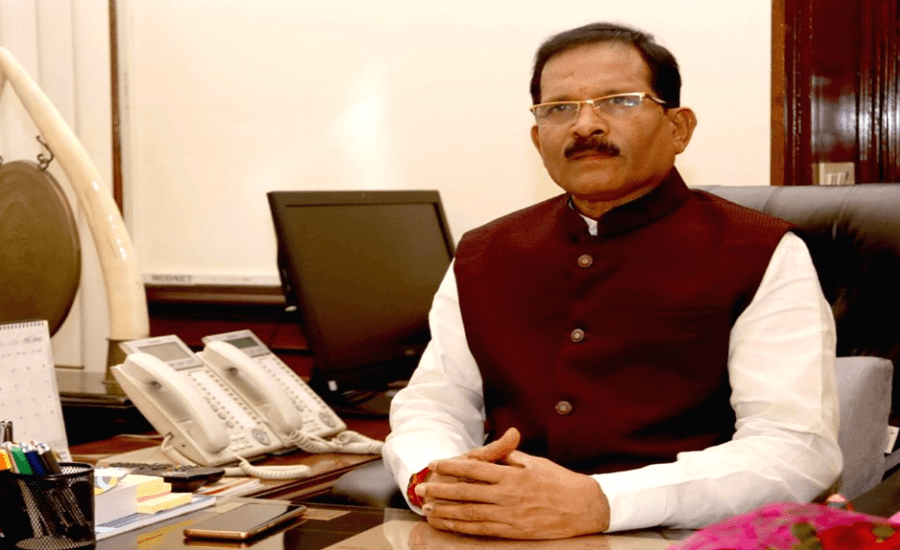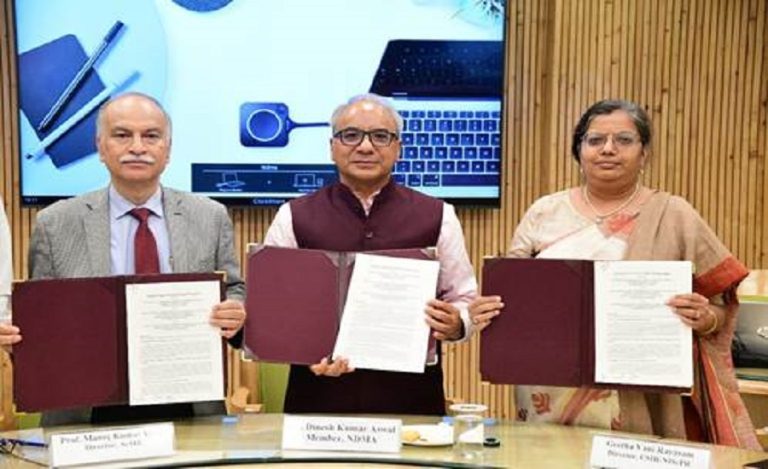India has successfully reduced its carbon intensity by 7 percent over the past nine years, supported by a rising share of renewable energy in the national grid and wider adoption of clean energy technologies. This information was shared in Parliament on Thursday by Minister of State (MoS) for Power Mr. Shripad Naik in a written reply to the Lok Sabha.
Also Read: PNB Signs Addendum to MoU with Himachal Pradesh Police for Salary Accounts and Rakshak Schemes
Balancing Energy Security and Climate Action
Mr. Naik emphasized that while coal-based power continues to contribute the largest share of India’s electricity generation, the government is committed to balancing energy security, affordability, and accessibility with climate goals. India is firmly pursuing its long-term target of achieving ‘Net-Zero’ emissions by 2070, while ensuring that developmental priorities remain intact.
Decline in Carbon Emission Intensity
According to government data, India’s average carbon emission intensity of grid electricity decreased from 0.78 kg/KWh in FY15 to 0.72 kg/KWh in FY24 — a fall of nearly 7 percent. The shift reflects the impact of steady renewable energy (RE) adoption and greater reliance on efficient energy technologies.
Early Achievement of 2030 Target
As per India’s updated Nationally Determined Contribution (NDC) submitted to the United Nations Framework Convention on Climate Change (UNFCCC) in August 2022, the country had set a target of achieving about 50 percent of cumulative electric power installed capacity from non-fossil fuel-based resources by 2030. However, Mr. Naik informed that India achieved this milestone five years ahead of schedule.
As of July 31, 2025, the share of non-fossil fuel-based installed capacity stood at 50.25 percent of the total generation capacity. This marks a crucial step in India’s transition to sustainable energy.
Policy Measures to Boost Renewables
The government has taken multiple policy measures to accelerate renewable adoption. These include permitting 100 percent foreign direct investment in the renewable energy sector, introducing Renewable Purchase Obligation (RPO) and Renewable Consumption Obligation (RCO), and rolling out flagship schemes like PM-KUSUM and PM Surya Ghar Muft Bijli Yojana.
Officials believe that these initiatives will not only promote clean energy but also strengthen India’s position as a global leader in sustainable growth.




























